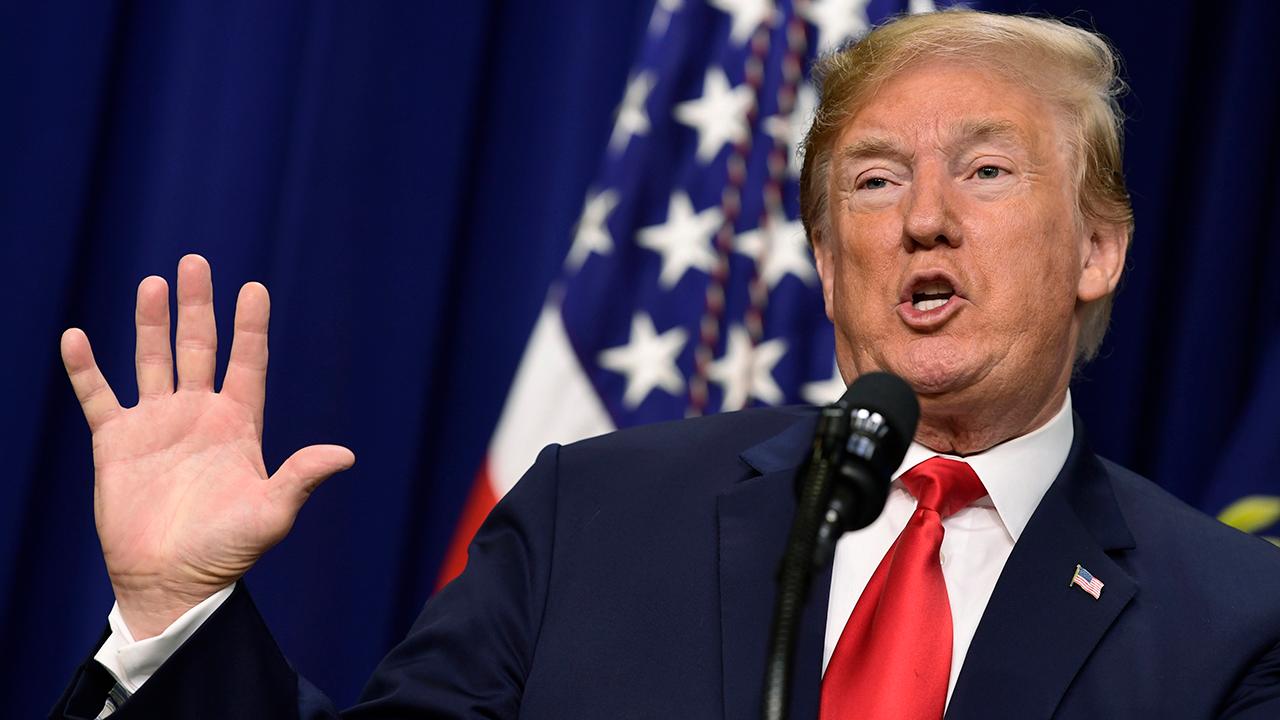Trump within legal rights to pile up massive tax losses: Judge Napolitano
Judge Andrew Napolitano said President Trump was within his legal rights and accounting accuracy to pile up massive losses in excess of $1 billion, after a New York Times report outlined his tax documents from 1985 to 1995.
“What Donald Trump, private citizen, was doing at the time was creative accounting which he would have been foolish not to do,” Napolitano told FOX Business’ Neil Cavuto Wednesday.
“So if he made an investment, let's say, bought a hotel for $200 million and he had to get rid of it and he had to pay off the debt that he used to acquire the hotel and it can only sell it for $50 million, he can take that $150 million loss and spread it out against other income coming to him,” he said, adding that “he would be crazy not to do that.”
“That was written in the tax law to enable people like Donald Trump to engage in speculation to buy and sell businesses because in the act the buying and selling he's employing a lot of people and he's energizing the economy.”
In Napolitano’s opinion, the New York Times is trying to undermine the support of Trump's base, which isn’t accustomed to the enormous numbers.
“The New York Times piece is a political piece because they are saying that he did not accurately describe his own success. But it was accurate from the IRS perspective," he said. "He dominated the real estate, commercial real estate in New York for a generation ... He made a lot of money and I presume he paid a lot of taxes.”
CLICK HERE TO GET THE FOX BUSINESS APP
The New York State Senate passed legislation on Wednesday that can potentially lay the groundwork for Democrats in the U.S. House of Representatives to gain access to years of Trump’s financial records.
But how did the New York Times obtain the information cited in their report? Napolitano said it was through summaries of Trump's returns that the IRS prepares. And while they are also within their legal rights, the person responsible for sharing the information is not protected, he explained.
“If you read the article they say it was shared with them by someone who had legal access to it -- no one who had legal access to it had the legal authority to share it with the media.”




















